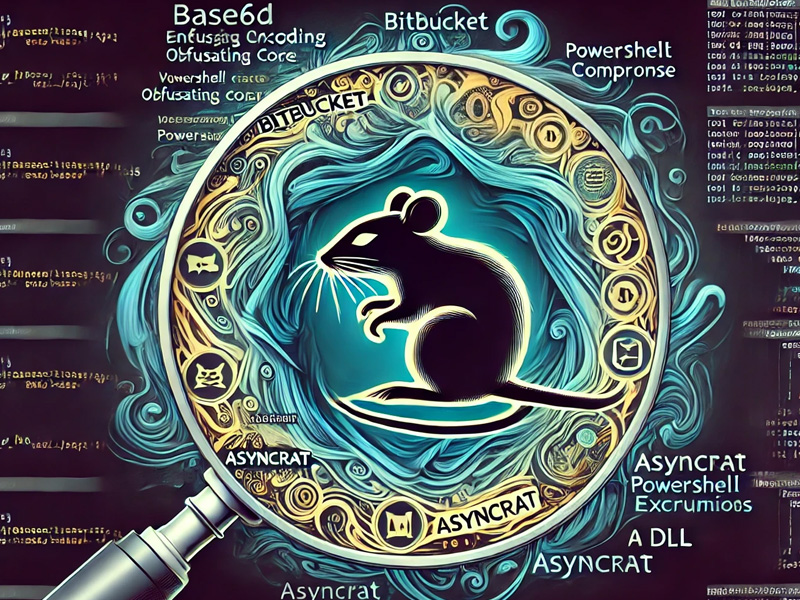Exploits
Exploits 

09/28/2023
Robots: Cybercriminals of the Future?
Exploits 

07/09/2020
ServHelper: Hidden Miners
1
 Writing Signatures for .NET Malware
Writing Signatures for .NET Malware2
 Unboxing Anubis: Exploring the Stealthy Tactics of FIN7's Latest Backdoor
Unboxing Anubis: Exploring the Stealthy Tactics of FIN7's Latest Backdoor3
 Smoked out - Emmenhtal spreads SmokeLoader malware
Smoked out - Emmenhtal spreads SmokeLoader malware4
 Unveiling AsyncRAT
Unveiling AsyncRAT5
 Exploring GenAI in Cybersecurity: Gemini for Malware Analysis
Exploring GenAI in Cybersecurity: Gemini for Malware Analysis6
 BBTok Targeting Brazil: Deobfuscating the .NET Loader with dnlib and PowerShell
BBTok Targeting Brazil: Deobfuscating the .NET Loader with dnlib and PowerShell7
 A Kernel Land Rootkit Loader for FK_Undead
A Kernel Land Rootkit Loader for FK_Undead











